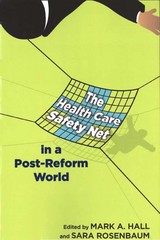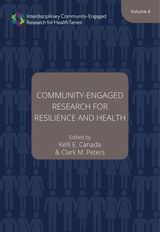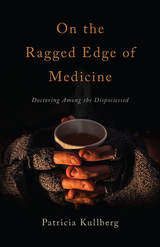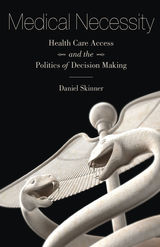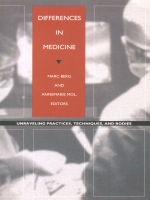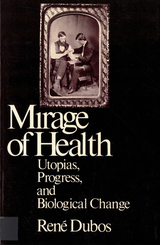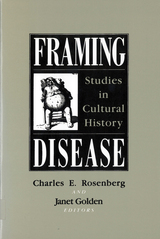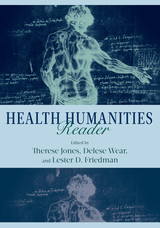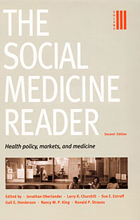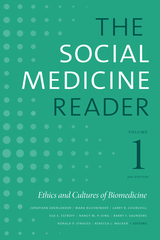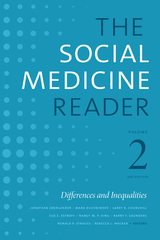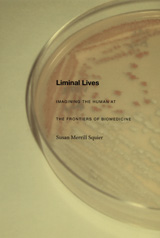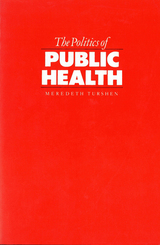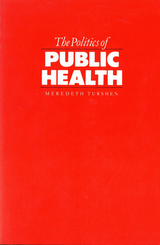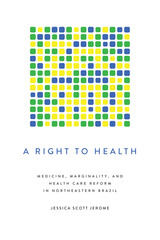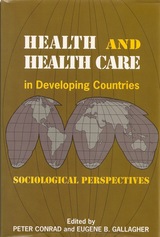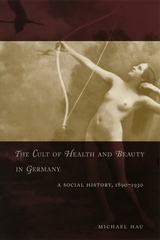The Social Medicine Reader
Duke University Press, 1997
Paper: 978-0-8223-1965-8 | Cloth: 978-0-8223-1957-3
Library of Congress Classification RA418.S6424 1997
Dewey Decimal Classification 306.461
Paper: 978-0-8223-1965-8 | Cloth: 978-0-8223-1957-3
Library of Congress Classification RA418.S6424 1997
Dewey Decimal Classification 306.461
ABOUT THIS BOOK | AUTHOR BIOGRAPHY | REVIEWS | TOC
ABOUT THIS BOOK
To meet the needs of the rapidly changing world of health care, future physicans and health care providers will need to be trained to become wiser scientists and humanists in order to understand the social and moral as well as technological aspects of health and illness. The Social Medicine Reader is designed to meet this need.
Based on more than a decade of teaching social medicine to first-year medical students at the pioneering Department of Social Medicine at the University of North Carolina, The Social Medicine Reader defines the meaning of the social medicine perspective and offers an approach for teaching it. Looking at medicine from a variety of perspectives, this anthology features fiction, medical reports, scholarly essays, poetry, case studies, and personal narratives by patients and doctors—all of which contribute to an understanding of how medicine and medical practice is profoundly influenced by social, cultural, political, and economic forces.
What happens when a person becomes a patient? How are illness and disability experienced? What causes disease? What can medicine do? What constitutes a doctor/patient relationship? What are the ethical obligations of a health care provider? These questions and many others are raised by The Social Medicine Reader, which is organized into sections that address how patients experience illness, cultural attitudes toward disease, social factors related to health problems, the socialization of physicians, the doctor/patient relationship, health care ethics and the provider’s role, medical care financing, rationing, and managed care.
Based on more than a decade of teaching social medicine to first-year medical students at the pioneering Department of Social Medicine at the University of North Carolina, The Social Medicine Reader defines the meaning of the social medicine perspective and offers an approach for teaching it. Looking at medicine from a variety of perspectives, this anthology features fiction, medical reports, scholarly essays, poetry, case studies, and personal narratives by patients and doctors—all of which contribute to an understanding of how medicine and medical practice is profoundly influenced by social, cultural, political, and economic forces.
What happens when a person becomes a patient? How are illness and disability experienced? What causes disease? What can medicine do? What constitutes a doctor/patient relationship? What are the ethical obligations of a health care provider? These questions and many others are raised by The Social Medicine Reader, which is organized into sections that address how patients experience illness, cultural attitudes toward disease, social factors related to health problems, the socialization of physicians, the doctor/patient relationship, health care ethics and the provider’s role, medical care financing, rationing, and managed care.
See other books on: Churchill, Larry R. | Estroff, Sue E. | Health Care Delivery | Public Health | Social medicine
See other titles from Duke University Press


